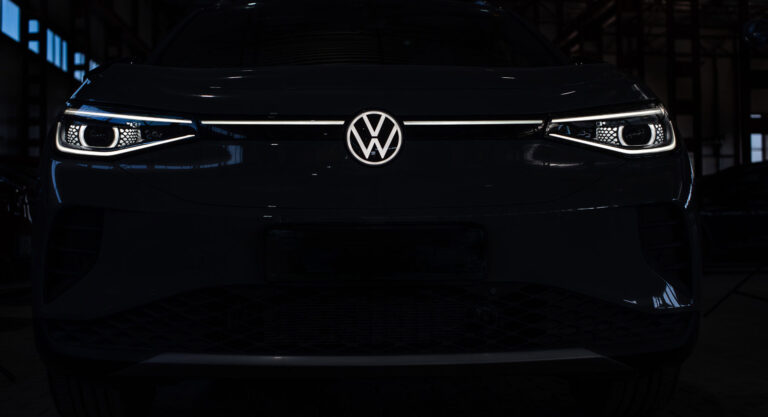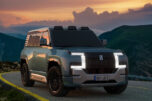Volkswagen’s production pause another sign of European EV troubles

Production pause preceded by government subsidy cuts, soft demand
In the first two weeks of October, Volkswagen will stop making two of its most popular electric passenger vehicles in Germany, according to a Reuters report.
The world’s no 2 automaker, just behind Japan’s Toyota in terms of production capacity, said demand has been soft partly due to recent cuts to government subsidies for EVs in Germany.
The €6,000 in EV incentives offered on qualifying cars were cut to €3,000–€4,500 at the start of the year and will again be reduced from January 2024, but the elimination of all subsidies on company fleet purchases probably had a bigger impact on the automaker we suspect. Adding insult to injury, Volkswagen also recently announced it’s laying off 300 workers at its main EV assembly plant in Zwickau.
The sporty hatchback that Volkswagen produces under its Seat badge, the Cupra Born, and the Wolfsburg-based company’s compact C-segment ID.3, will go on a production hiatus. Production of other models in the ID line-up and e-tron models from Audi will not be affected.
Data from the Adamas Intelligence EV Battery Capacity and Battery Metals Tracker show that through the first seven months of 2023, the Tesla Model Y captured more market share in Germany (by MWh deployed) than the ID.3 and ID.4 combined.
The Texas-based company’s Model 3 occupies the sixth spot by battery power hitting the autobahns behind Skoda’s Enyaq Coupe in fifth, another compact crossover in the Volkswagen stable, and the Audi Q4 e-tron, which competes at the more-luxury end of the same segment.
China takes a Seat
Going forward, Volkswagen will produce the Seat Cupra Tavascan, another C-segment crossover, in China with its local JV partner JAC Motors, but the European Union’s investigation into Chinese subsidies for its battery makers and EV manufacturers which the bloc says is distorting competition could impact these plans.
France’s new subsidy regime may serve as a model for the EU response to Chinese exports to the continent. France has redefined the criteria for the country’s electric vehicle incentives – cash of up to €5,000 – under new rules which will stop subsidies for electric vehicles which have a poor carbon footprint.
It effectively eliminates all vehicles exported from China, which relies on coal for the bulk of its electricity generation. The new rules come into effect in December.
Adamas Intelligence data indicate that in the first half of 2023, 19% of all GWhs delivered to EV (including hybrid) buyers in Europe (plus Britain and non-EU states) were contained in China-made EVs and packs.
However, the bulk of European EV imports from China this year-to-date were non-Chinese brands – speaking to the complexity of its trade relationship with the middle kingdom. In absolute terms, the battery power exported to Europe from China grew more than 51% during the first half of the year – a total of 14 GWhs.





